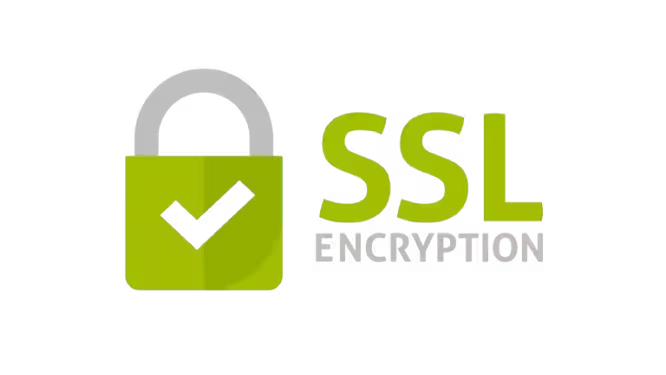
 FREE Additional server licenses
FREE Additional server licenses  FREE Additional server licenses
FREE Additional server licenses  FREE Additional server licenses
FREE Additional server licenses  FREE Additional server licenses
FREE Additional server licenses An SSL Certificate is a digital certificate that secures the communication between a user's browser and your website. It encrypts data, ensuring a secure and trusted connection. You need it to protect sensitive information like login credentials and financial transactions.
There are Domain Validation (DV), Organization Validation (OV), and Extended Validation (EV) certificates. The type you need depends on your website's purpose. For basic encryption, DV is sufficient, while EV offers the highest level of validation and trust.
Yes, search engines like Google consider SSL as a ranking factor. Websites with SSL Certificates often rank higher in search results. Additionally, it builds trust with users, which can positively impact your SEO efforts.
Modern SSL implementations have minimal impact on website performance. The benefits of security and improved SEO outweigh any negligible speed differences.
SSL Certificates typically have a validity period, commonly one year. Renewal is necessary before the certificate expires to ensure continuous secure connections. Most certificate providers offer renewal reminders.